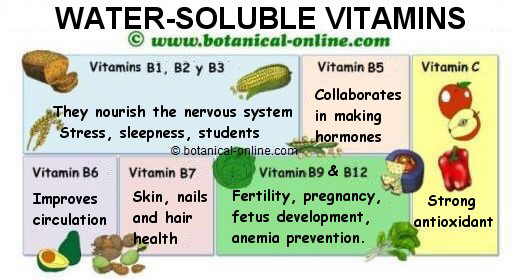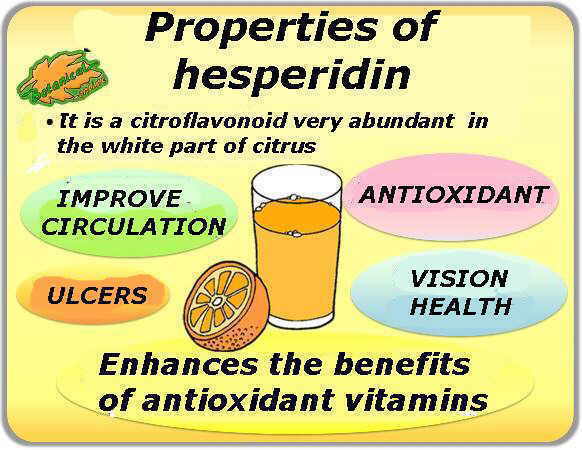Contents
Nutritional benefits of hen eggs
EGGS AS FOOD
What nutrients are there in eggs?
 Raw egg with the yolk surrounded by the egg white
Raw egg with the yolk surrounded by the egg whiteAn egg has a high nutritive value, especially due to the high amount of proteins.
It contains almost 75% of water and the remaining 25% consists of other nutrients:
- About 15 % of proteins
- 10 % of fat
- A contribution of carbohydrates and micronutrients, such as vitamins and minerals, that do not exceed 1 %.
* Related information: Table of eggs composition
Eggs are rich in high quality proteins
Considering their protein content, eggs are a a food of high biological value because they provide all the essential amino acids that our body needs to avoid nutritional deficiencies.
Eggs are high in fat
Their fat content is also high, but we must keep in mind that not all fats are equal and not all of them have the same effect on our body. Polyunsaturated and unsaturated fats have beneficial effects, whereas we must control saturated fats intake.
In this case, eggs have both types of fats, although most are unsaturated and, therefore, eggs are considered more beneficial than harmful.
They also contain lecithin which is responsible for emulsifying fats, That’s is to say, able to dissolve a fat, so they make blood thinner.
It is important to note that eggs are high in cholesterol, so there are special cases when we should take into account some considerations.
The cholesterol content in eggs has raised many disputes, since, although nobody can deny eggs contain it, we can not forget that they also contain lecithin and phosphatidylcholine that counteract and prevent most of its absorption.
* More information: Can people with cholesterol eat eggs?
Are eggs fattening?
If we consider that its caloric value is about 150 kcal per 100g,, eggs are high in calories, but we should not forget that a single egg never reaches this amount, because the average weight of an egg is about 58 grams and, therefore, the amount of calories a standard egg provides is not so high.
Taking this factor into account, an egg gives us about 87 calories and other macronutrients: 7.2 grams of proteins of high value and digestibility, 0.70 grams of carbohydrates, about 6 grams of predominantly unsaturated fats, among which, there are are about 230 mg of cholesterol.
What other components do eggs provide?
Carbohydrate content in eggs is very poor and mostly they are simple carbohydrates, that’s to say, sugars residing in the egg yolk.
Eggs also contain other micronutrients. The main ones are the following:
- Fat soluble vitamins in the yolk and water soluble vitamins in the yolk and in the white: B vitamins as niacin, riboflavin, folic acid, biotin
- Vitamin A in the form of provitamin A and carotenoids,
- Vitamin D in a lower proportion and as tocopherol.
- A high mineral content, among which we can find magnesium, potassium, calcium, phosphorus, iron, sodium, zinc and sulfur amino acids, etc..
- It also contains choline for proper brain development, lutein for proper visual development and a series of enzymes that help to protect the egg and prevent its spoilage.
Do eggs are acidic or neutral?
The PH or the acidity of a fresh egg is neutral (Over a 7), but, once it is purchased and placed in refrigerated storage, increases its acidity to 9, being more basic.
![]() More information on eggs.
More information on eggs.








